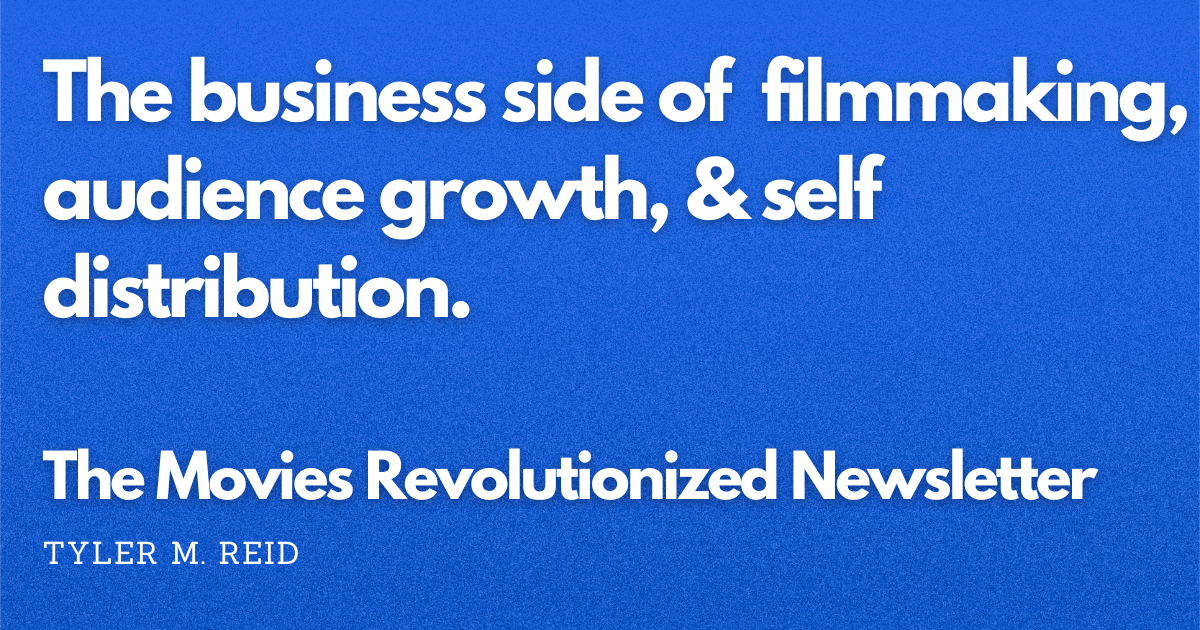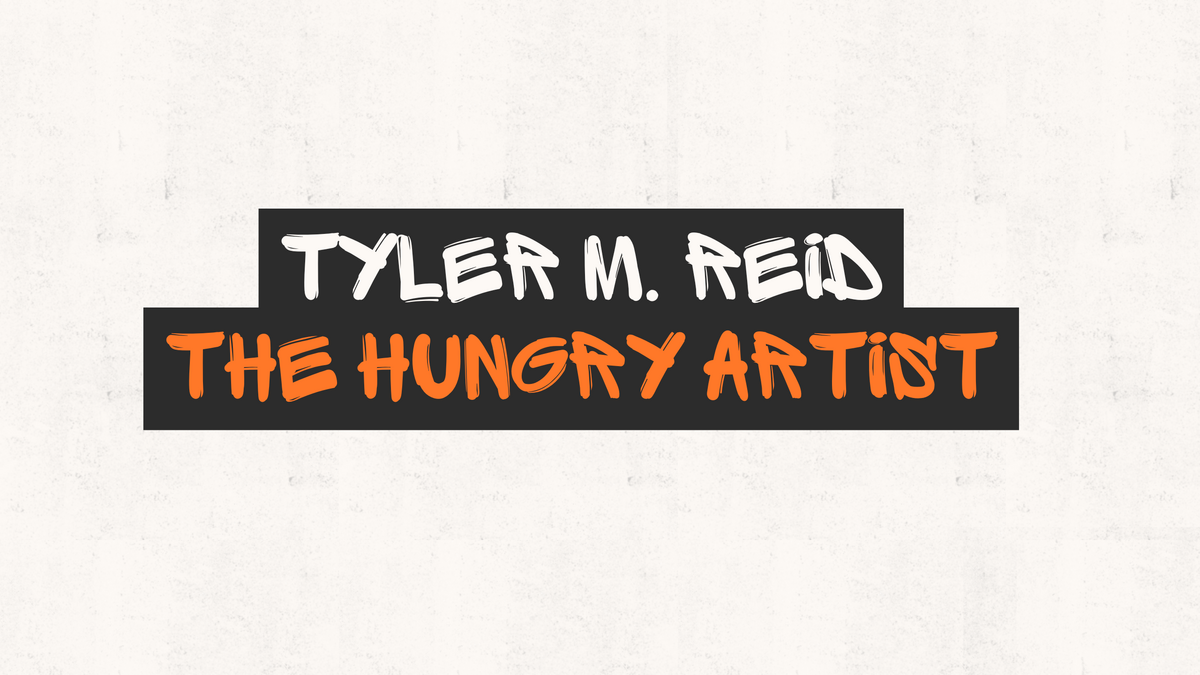The Movie Revolution is brought to you by:
Greenlight Signals
The hidden signals that reveal which films make money. A data-driven guide that analyses over 24,000 audience signals from millions of reviews and comments to reveal what audiences consistently reward at the box office.
SUNDOWN
A novel, of raw, visceral journey into darkness and redemption.
What this Millionaire writer does
Stephen King doesn’t have to write another book. Not one. The guy has written something like seventy of them. He’s sold half a billion copies. He’s set for ten lifetimes. He could sit back, collect royalty checks, and never type another word.
But he still writes six pages a day. Every single day.
Six pages.
He does it on holidays, on his birthday, even when he’s sick. He sits down, opens the file, and writes. So I’ve read and heard in interviews.
And I keep thinking about that, for myself, which is why I am sharing it with you. Because if a multimillionaire writer still shows up like that, what do you think the rest of us should be doing?
That’s not meant to make you feel bad. It’s meant to make you look at the difference between wanting to make things and building the habit of making things.
Stephen King isn’t chasing motivation anymore. He’s trained the muscle. His brain knows that at some point in the day, it’s going to write. It doesn’t matter how he feels about it. That’s the trick you may be missing, he’s not waiting for inspiration to show up. He’s sitting down so that it knows where to find him.
6 pages a day, are you crazy!
Now, maybe you can’t write six pages a day. Fine. Maybe you’ve got a full-time job, kids, no quiet space, no time that’s really yours. Fine. But there’s always something you can do. I’m in the same boat as you.
You can write one page.
You can write one paragraph.
You can write one good line.
You can write down an idea on your phone while you’re waiting in line.
You can take five minutes to rewrite a scene that’s been bothering you.
You can spend twenty minutes watching a film you love, but this time pay attention to why a moment hits you.
That’s the work too. It all counts.
Because this idea that you need big blocks of time, or perfect focus, or the “right setup” it’s fiction. It’s the thing that is probably keeping you stuck. You get unstuck by doing something small and doing it often. You treat it like the life of your creative body. You need food and water, you partake in that activity daily to stay alive. So what about your creative body, what activity will you partake in daily to keep it alive?
Folding clothes, writing books.
Stephen King started out writing in a tiny laundry room with his kid’s crib next to him. He was broke, overworked, exhausted. He didn’t have a writing desk or a lake house. He had a typewriter balanced on his knees.
And that stuff is so easy to forget, or not even see, especially because he’s been doing it so long. You look at the success, not the daily grind that built it. But the grind is the real part.
The reason he still writes six pages a day is because he knows what happens when he stops. The muscle weakens. The stories drift away. The ideas get further and further out of reach.
You don’t need six pages a day. You just need consistency. Whatever that looks like for you.
If all you can give is twenty minutes, give the twenty.
If you can’t write, brainstorm.
If you can’t brainstorm, organize notes.
If you can’t do that, at least read something that feeds the work.
The point is to keep the door open. Because when you stop showing up, the work stops trusting you.
Stephen King writes six pages a day because that’s how he stays connected to the thing that made him Stephen King in the first place. The pages don’t just build books, they build him.
And maybe that’s the lesson for the rest of us. You don’t have to be a millionaire writer to take yourself seriously. You just have to start acting like one.
So no, you don’t have to write six pages a day.
But you can write one.
You can write something.
And that something is what turns into everything else.
PS: If you want to go deeper, the Filmmaker Lab is the easiest way to learn how to fund your film and avoid the traps that stall most indie projects. Details here
PPS: I also keep a few spots open each month for 30-minute Clarity Sessions. They’re focused on helping you get unstuck, make sharper decisions, and leave with a tailored blueprint. If you’re interested, reply to this email.
PPPS: Do you run a company, brand, or film festival? Want to get in front of nearly 3,000 indie filmmakers each week? Sponsorships for this newsletter are available — details here: SPONSORSHIP

